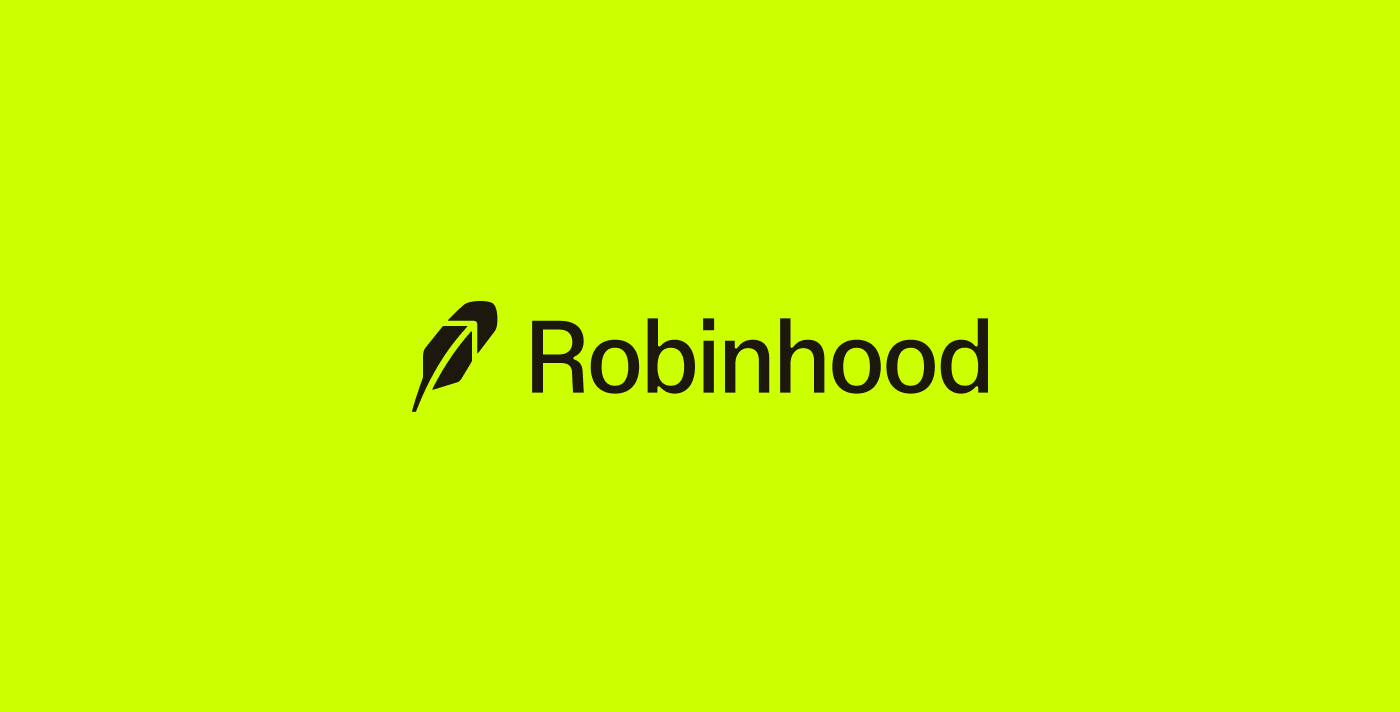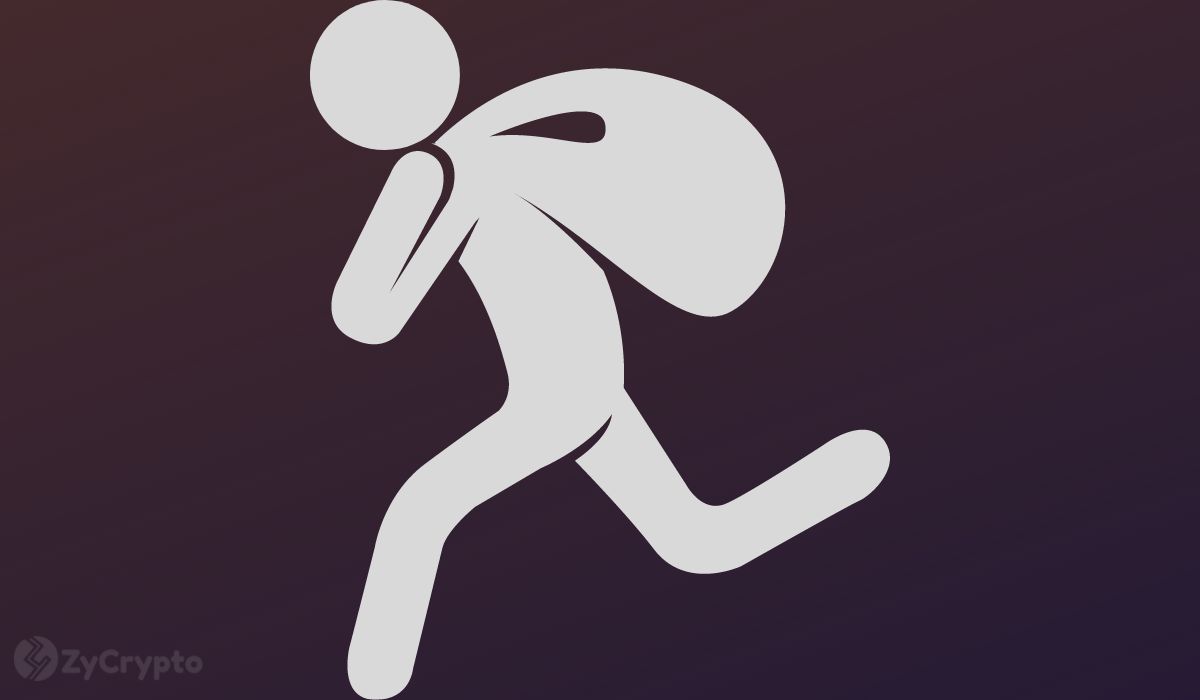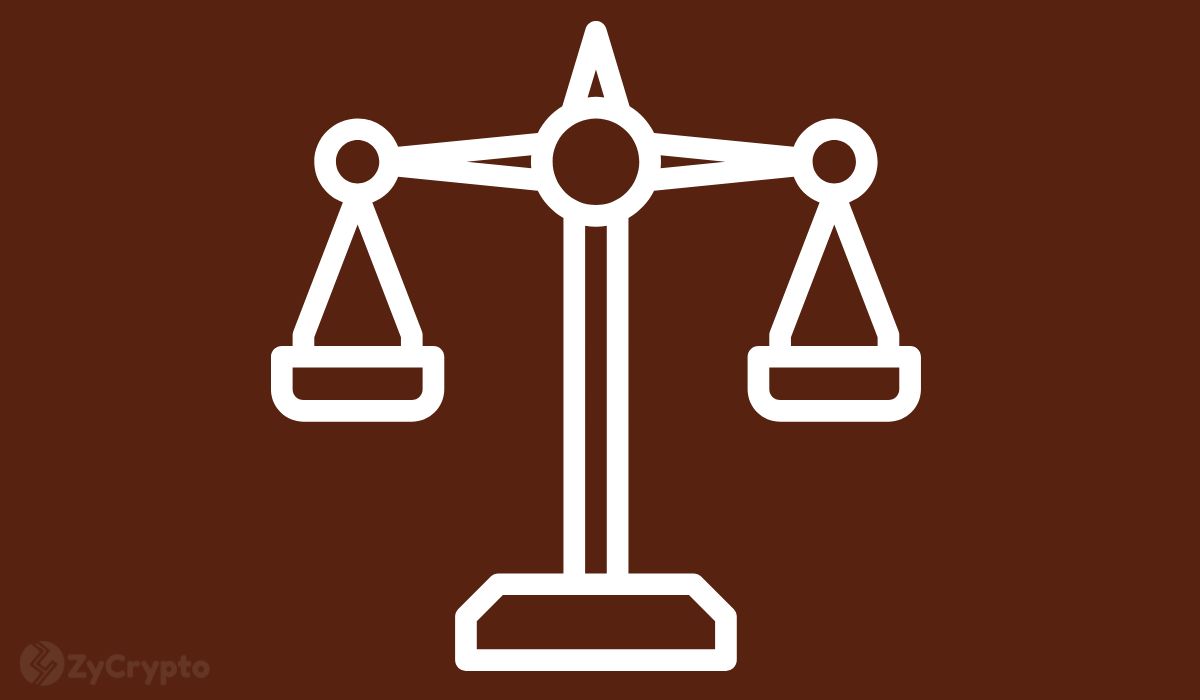ARTICLE AD BOX

- Robinhood submitted a 42-page proposal to the SEC to regulate tokenized real-world assets under U.S. law.
- The proposed Real World Asset Exchange blends off-chain matching with on-chain settlement using Solana and Base.
Robinhood doesn’t seem to want to be known as just a stock and crypto trading app for retail investors. On May 20, they officially submitted a 42-page proposal to the US Securities and Exchange Commission (SEC). They want to build a national regulatory framework that regulates the tokenization of real-world assets (RWA), according to Forbes.
Bringing Wall Street On-Chain, One Token at a Time
Imagine if property, stocks, or bonds could be broken down into digital tokens and traded instantly like Bitcoin or Ethereum. No longer a dream, Robinhood wants to make that a reality—legally and in a structured way. This proposal encourages RWA tokens to be legally recognized as direct representations of their underlying assets, not as derivatives or synthetic products that are prone to misunderstanding.
In the document, Robinhood also presented a plan to launch a platform called the Real World Asset Exchange (RRE). This platform combines the order matching process carried out off-chain with transaction settlement carried out on-chain. Blockchain technology such as Solana and Base will be the backbone.
This RRE is designed to be able to accommodate 30,000 transactions per second, with a matching latency of under 10 microseconds. Not only fast, but also efficient.
Robinhood’s Strategy: Go Global, Go Tokenized, Go Fast
On the other hand, CNF previously reported that in March, Robinhood launched a prediction market in collaboration with Kalshi. Interestingly, this launch was deliberately timed to coincide with the “March Madness” basketball tournament, clearly targeting the high betting activity moment in order to attract new users.
This is not just a breakthrough, but a targeted strategy to make Robinhood a complete financial services provider—beyond just daily trading.
Still in the last two months, Robinhood also acquired WonderFi Technologies from Canada for C$250 million or around $179 million. With this acquisition, they automatically brought home two crypto platforms, Bitbuy and Coinsquare, plus a team of more than 140 people. This step emphasizes Robinhood’s direction of global expansion, especially in the Canadian market.
Returning to the RWA proposal, Robinhood added plans to utilize the KYC identity verification system and money laundering prevention (AML) through collaboration with providers such as Jumio and Chainalysis.
This system is claimed to be in accordance with international standards from FATF. They want to create an ecosystem that is safe, transparent, and… fast. The settlement process has even been reduced from two business days (T+2) to instant (T+0).
Furthermore, at the recent Consensus 2025 conference, the head of Robinhood Crypto emphasized that tokenization could be the key to financial inclusion. Access to investment products that were previously only accessible to wealthy investors can now be opened more widely to retail investors. Just imagine if you could own a small part of a commercial property via your smartphone—without having to be a billionaire first.
Interestingly, Robinhood is also reportedly developing a new blockchain-based platform for the European market. They want to enable users on the continent to trade tokenized financial assets from the US. They are considering layer-2 technologies such as Arbitrum, Ethereum, and Solana to support it.
.png)
 7 hours ago
1
7 hours ago
1








 English (US)
English (US)